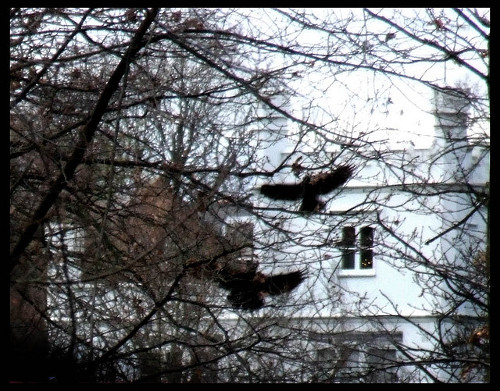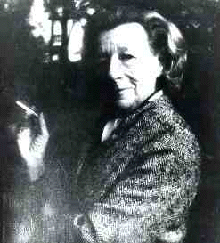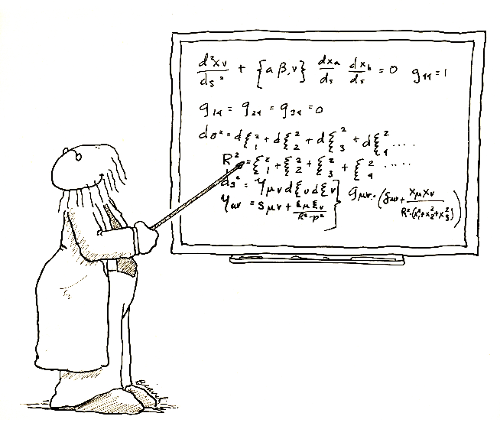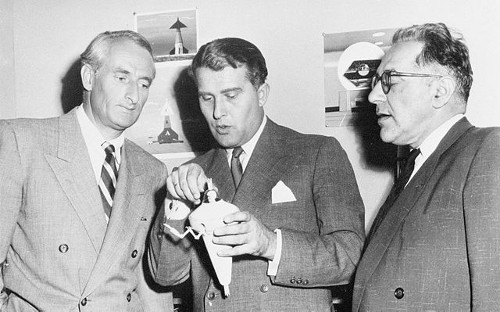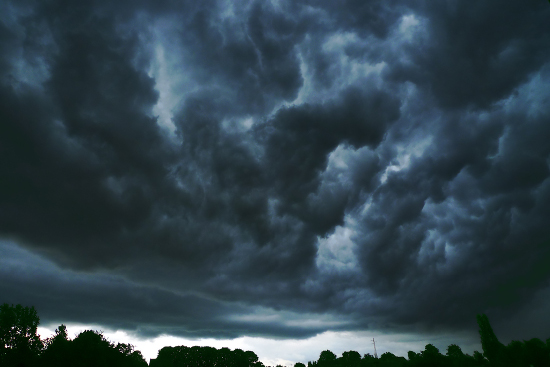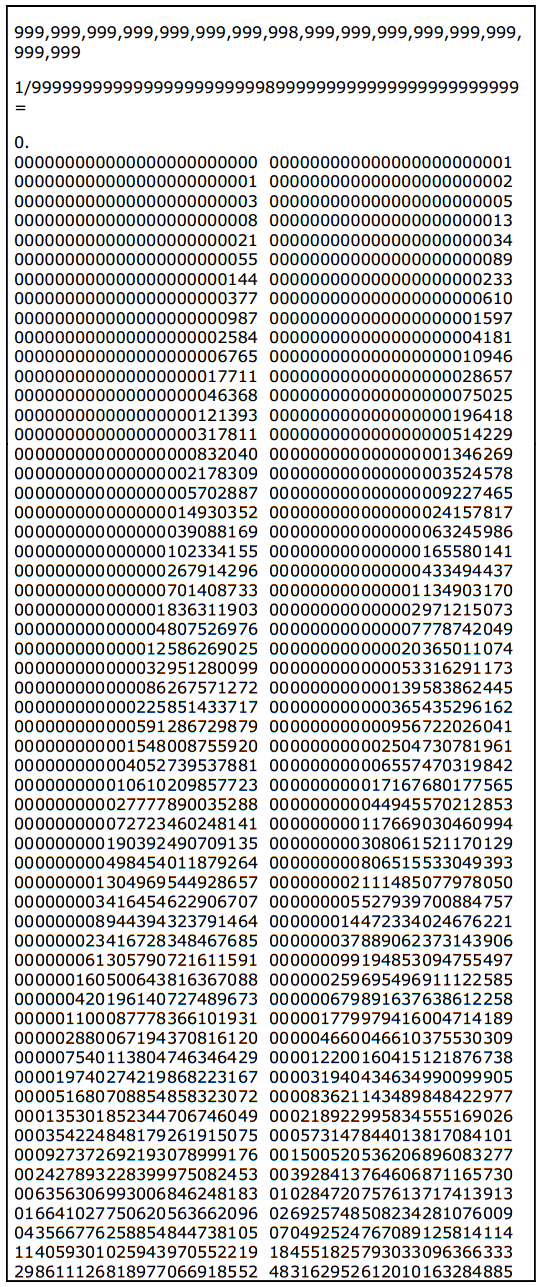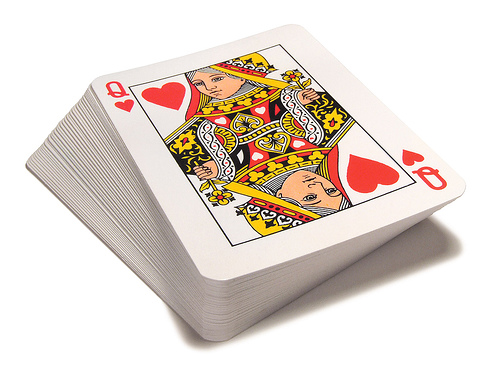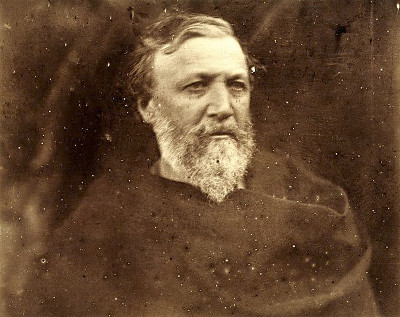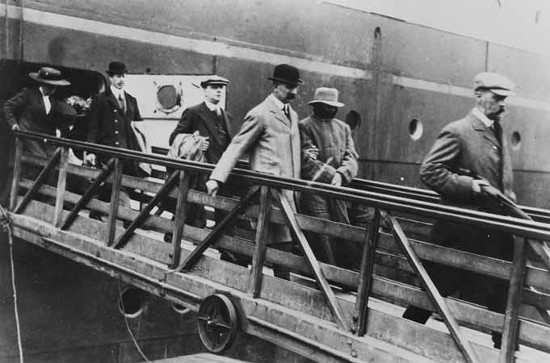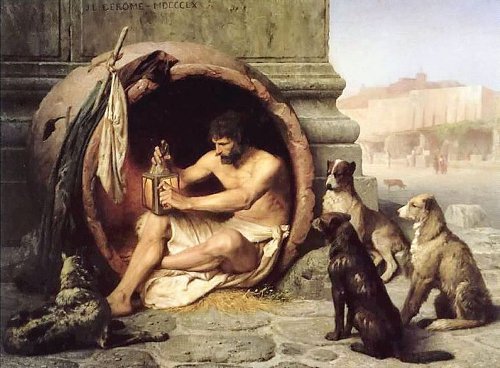
“Happiness, whether consisting in pleasure or virtue, or both, is more often found with those who are highly cultivated in their minds and in their character, and have only a moderate share of external goods, than among those who possess external goods to a useless extent but are deficient in higher qualities.” — Aristotle
“Money only appeals to selfishness and always tempts its owners irresistibly to abuse it. Can anyone imagine Moses, Jesus, or Gandhi armed with the money-bags of Carnegie?” — Albert Einstein, The World As I See It, 1949
Where wealth and freedom reign, contentment fails,
And honour sinks where commerce long prevails.
— Oliver Goldsmith, The Traveller, 1764
“The essence of philosophy is that a man should so live that his happiness shall depend as little as possible on external things.” – Epictetus
“The most necessary disposition to relish pleasures is to know how to be without them.” — Marquise de Lambert, A Mother’s Advice to Her Son, 1726
“It is preoccupation with possessions, more than anything else, that prevents us from living freely and nobly.” — Bertrand Russell
“Who is rich? He that is content. Who is that? Nobody.” — Benjamin Franklin
